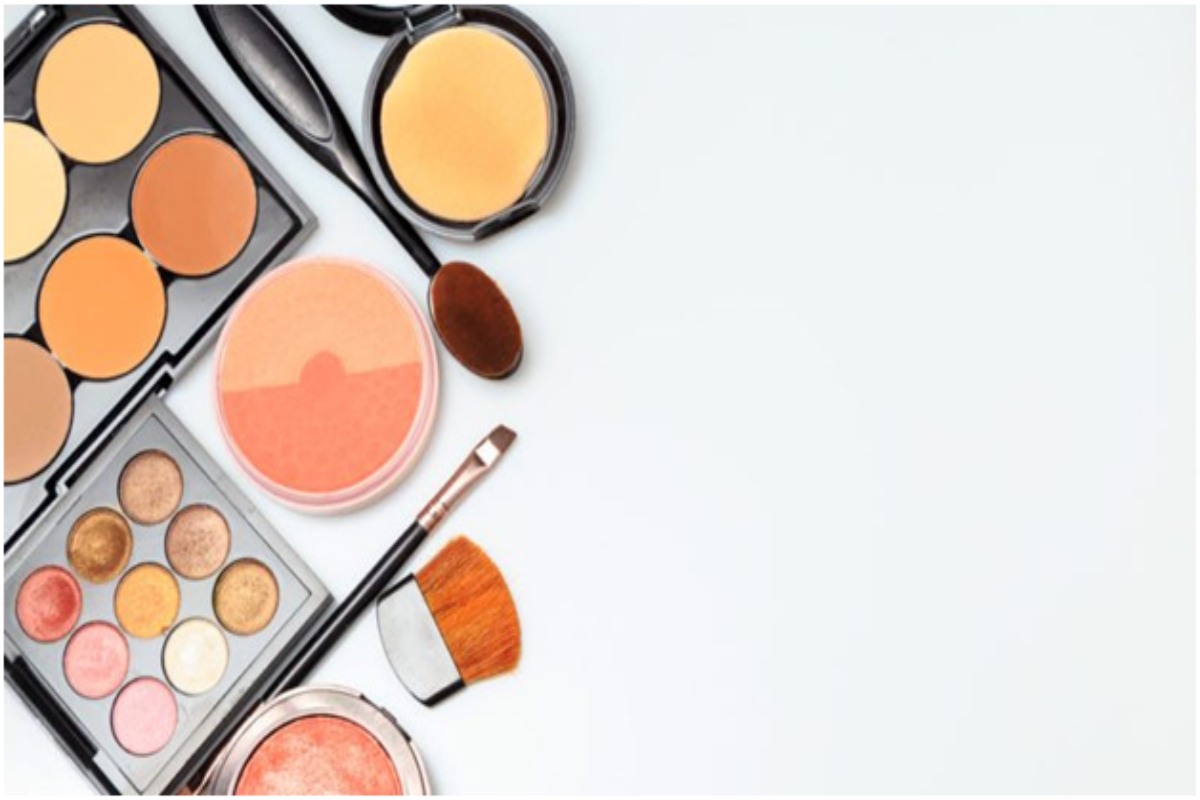Private label skin products involve a separate manufacturer but are sold under your brand. It helps in developing a business without investing time and money in production.
Getting started with your line of cosmetics products is hard. It takes a long time to generate a product formula and prepare it from scratch. It is not an issue for a big company but is troublesome on a small scale. To counter this issue, private label manufacturers take the spotlight. They handle the formulation, production and packing according to the buyer’s guidelines. After that, all you have to do is market the product and wait for customers. It is a helpful business strategy for both newcomers and veterans in the field.
Still, some complications can arise in this scenario as well. You have to keep your guard up at all steps to avoid any major problem.
Table of Contents
Some Important Aspects To Consider
Although private labeling is helpful, it comes with its own set of responsibilities. For smooth processing choose a quality private label cosmetic manufacturing company. Moving on, following are some vital points that need full attention.
Select The Right Private label Manufacturer
The most important part is selecting the right manufacturer. While searching, you will come across many names, but trial and testing is important.
Before any solid progress, research is important. Visit different company’s websites and understand their terms and conditions. Primary research place is search engines, while some prefer personal sessions and shows. After thorough research, select the one which most suits your needs. Now, contact the selected manufacturer and discuss your idea in detail.
After total satisfaction, arrange a meeting with the manufacturer to discuss business. Remember to ask for packaging services as well and include them in the package.
Do not hang back on queries, discuss and clear any confusion before moving forward.
Check Product’s Quality Control and Assurance Standards
Moving on, it is time to check the work of your supplier. Almost all manufacturers show full cooperation and try their best to please.
Now contact the manufacturer and ask for a sample. Most of the time, the samples are free but some may charge a short amount for it. After receiving the samples, check till heart’s content and provide feedback. The samples will help you in checking the product first-hand and also if it fits your beauty code.
At the checking phase, you can also ask for an industry visit if it is possible. Most manufacturers do not hesitate to provide a walkthrough to gain your trust. Check the whole facility, especially the FDA, GMPs and SOPs standards and maintenance.
Another thing related to the product’s quality is the ingredients used in manufacturing. Make sure everything is organic and no synthetic excipients or additives are present. This is a crucial step because it’s a matter of skin and everyone is careful about its health.
Finalize Your Brand’s Design and Description
If every step shows smooth progress and fits your needs, it is time to select branding. It is possible that at this point you have a clear vision of what your brand looks like. Some people finish this step even before the process starts. If you haven’t, no need to panic, there’s plenty of time to select branding and packaging.
Start with the name and a short tagline and move further from there. Be careful about the designs and colors you pick as each symbolizes different things. Every small detail matters and has an impact on sales.
The last thing is to complete the description and packing requirements. Some companies charge extra fees for this facility but it’s worth the premium work. The wise thing to do is discuss complete pricing at the start to prevent any confusion later on.
Choose Where and How to Sell Your Products
Now that your product is in its final stages, it is time to make a marketing plan. Research the market and select where you want to sell your product. Different selling options include:
- Local market – In-store purchases
- Local businesses – like Spas and Salons
- Personal marketing (both online and offline) – Parties, social media, gift hampers etc
- Online approach – Amazon or your own website
It is best to plan this through before ordering the product as it also affects the order quantity. Whatever the decision, advertising and marketing are vital pieces for success.
Create a Blueprint. It Make Things Easier
Starting up a business is not the hardest part. The real challenge is to remain consistent in every aspect throughout the journey. To avoid things from falling apart, the best course of action is to pre-plan steps. Make a thorough layout of how you want to approach different things and try to stick to the plan. This way, you can prevent any unannounced problem and get the best results.
The end results and everything before that depend on the type of manufacturer. It can make or break the brand. So, make a full effort to find the best private label, organic skincare manufacturer.
Final Thoughts
The idea of selling private label products is smart and has a good turnaround rate. The profit margins are higher and less competition serves as a cherry on top.
Private labelling has both advantages and disadvantages that should be present in mind. Although you have control of the product, you are still dependent on the manufacturer. If they run into any problem your business will also suffer.
Still, the pros of private manufacturers outweigh its cons. It provides solid grounds to amateurs and helps them grow from nothing to first-page news.
Check out: Nykaa Cosmetics Write For Us

